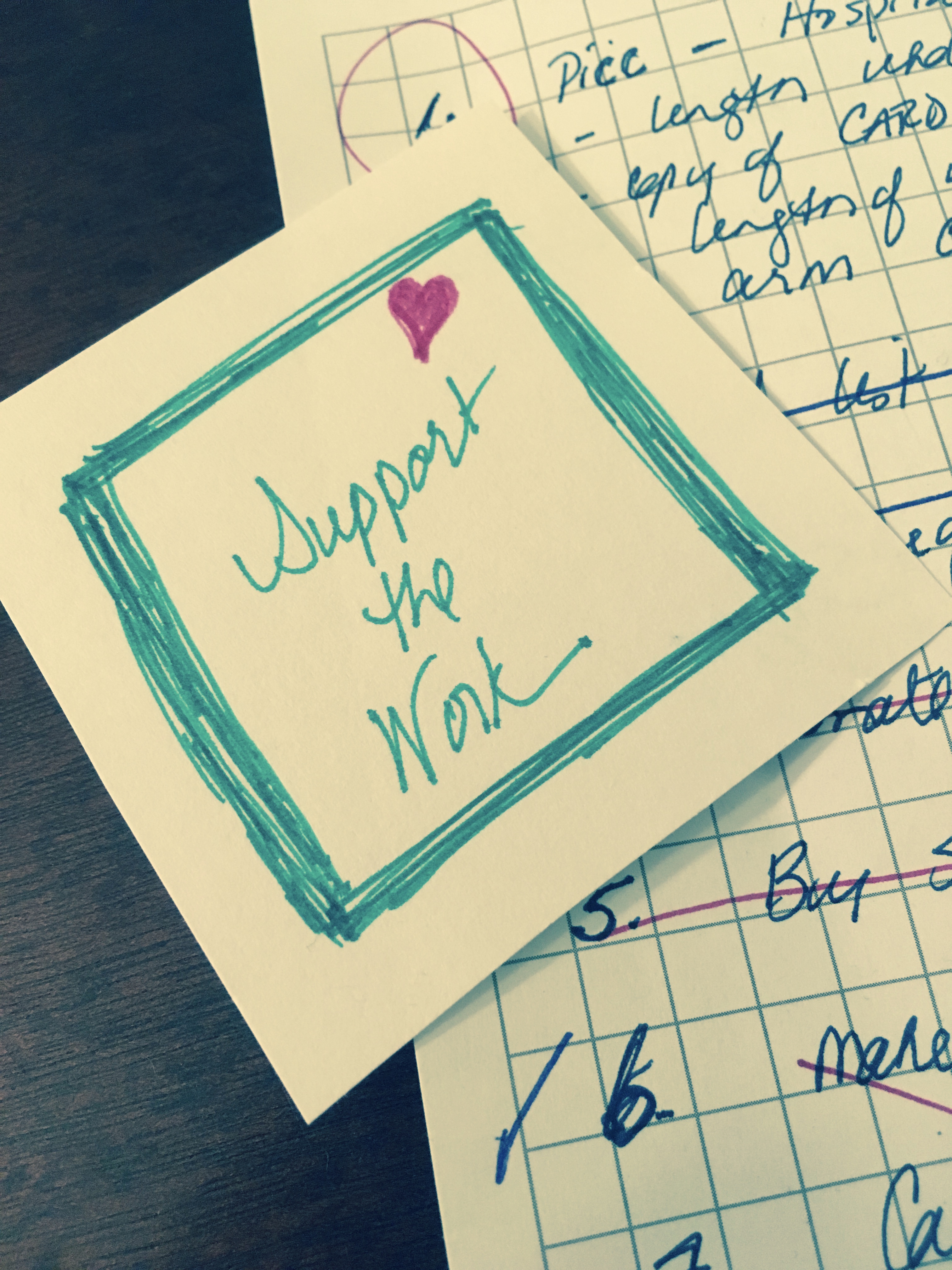Purchase Milled items from Dedicated Gluten-free Facilities
 Tuesday, May 28, 2013 at 6:24PM
Tuesday, May 28, 2013 at 6:24PM When newly diagnosed, it is tough to figure out what type of products you need to buy from a dedicated gluten-free facility. I mean, not all products are processed in dedicated facilities, and not all need to be.
One quick rule of thumb is to highlight anything in your pantry that uses flour, or that could be processed with grains. Flour lands on, gets stuck in, and coats whatever it falls on after it floats through the air, so if you have flour or grains being processed in the same plant as dried fruit or nuts, for instance, your dried fruit is not gluten-free. Facilities that process gluten-based grains, have a LOT of flour in the air.
So, the safest route is to purchase any and all gluten-free flour, and any item that could be milled from a dedicated, gluten-free facility and one that tests and is certified to less than 20 parts per million (ppm). Bob's Red Mill, for instance, has two factories (watch their video about this), so make SURE to look for their "gluten-free" label. They process buckwheat, for instance, which is natrually gluten-free, but it is processed in their regular facility because they may not have been able to find a farming source that is gluten-free. Yes, cross contamination can happen on the farm.
This simply begins our research (sorry), it doesn't end there, because gluten is found in very surprising places, and is not always labeled properly.



